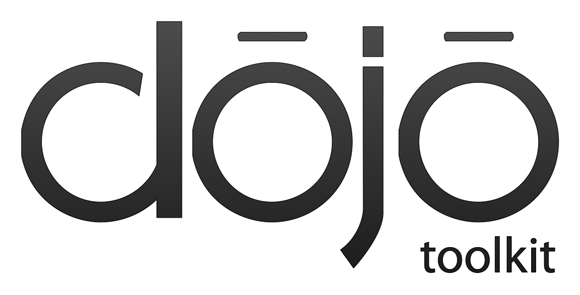
Introduction
Solar System Treks is a JPL web portal that provides NASA data from various planets, asteroids, and moons. This data is used by scientists, research partners, and the public, including students and teachers. The data includes satellite photography and 3D terrain models. Collaborative visualization, especially in virtual reality (VR) and augmented reality (AR), can be helpful in generating new insights, as a team of researchers or students can examine the data together and collectively generate and discuss new ideas and hypotheses. Additionally, with the need for remote work, remote learning, and social distancing due to COVID-19 precautions, remote collaboration has become increasingly important.
Purpose
As a means of supporting collaborative visualization, this project will develop networked visualization software that supports collaborative markup of 3D solar system terrain. The collaborative markup will include features such as creation of waypoints, rapid navigation to waypoints, text annotations, and freely drawn “ink” annotations. The terrain would be selected from the Solar System Treks web portal and imported into the collaborative visualization application. The student capstone team will have the ability to analyze the problem and determine which technologies are best suited for developing and deploying a solution.
In such an unprecedented time and especially during a global pandemic, it is vital that users have a means to collaborate safely over the web. While there are existing solutions, they are simply not feasible due to their niche target audiences and software requirements. Collaborative Visualization for Solar System Treks (CVSST) will open the floor for collaboration amongst all users on the web without requiring any additional software or fancy equipment other than a simple web browser. CVSST will allow users to talk to each other and share their discoveries with one another safely over the web. Our solution comes up with a multitude of improvements and tools, including a chatroom system, drawing tools to markup the 3D terrain, and the ability to export and import drawings for later use. Development is not always an easy feat, which is why our team decided to adopt an Agile workflow. We can get instant feedback from the JPL team and re-iterate on our solution at an extremely quick rate. By using a thick client architecture, web socket technology, and scalable back-end services, we can guarantee performance, scalability, and most important of all – access for as many users as possible.
Our Core Stack



Front End


Contact the Team
| Role | Name | Github | |
| Project Lead | Montague La France | Github | |
| Project Co-Lead | Stanley Do | Github | |
| Architecture/Design Lead | Abdullah Alshebly | Github | |
| Customer Liaison/Requirements Lead | Christopher Smallwood | Github | |
| Component Lead | Jose Garcia | Github | |
| Component Lead | Johnny Lee | Github | |
| Component Lead | Odasys Soberanes | Github | |
| QA Lead | David Tang | Github | |
| Documentation Lead | Zipeng Guo | Github | |
| Demo/Presentation Lead | Miguel Sanchez | Github |
